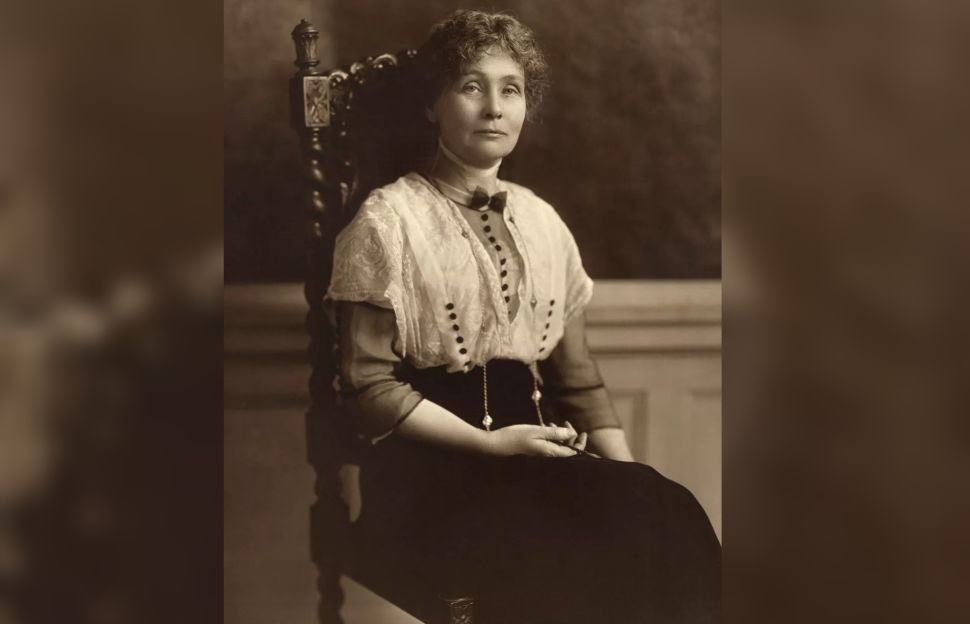Emmeline Pankhurst
“We are here, not because we are lawbreakers; we are here in our efforts to be law-makers.” These immortal words by Emmeline Pankhurst in her autobiography ("My Own Story", Hearst's International Library Company, 1914) encapsulated the British women’s suffrage movement in the late 19th and early 20th century. As the iron-willed leader of the Women's Franchise League and later the Women's Social and Political Union (WSPU), she fought for women’s right to vote in the United Kingdom — by any means. The WSPU's motto was “Deeds, not words,” and the group used vandalism, violent protest and arson as means to bring about social change.
Pankhurst believed that it was necessary to go beyond civil disobedience in support of her cause, claiming in one 1908 speech: "It is because we realize that the condition of our sex is so deplorable that it is our duty even to break the law." This resolve saw her arrested on countless occasions. She argued that unless women were given political power, the laws of the country wouldn’t have an equal standard of morals.
On the year of her death, according to the BBC, British women were finally granted the right to vote from the age of 21 — equal to the voting requirements for men.


